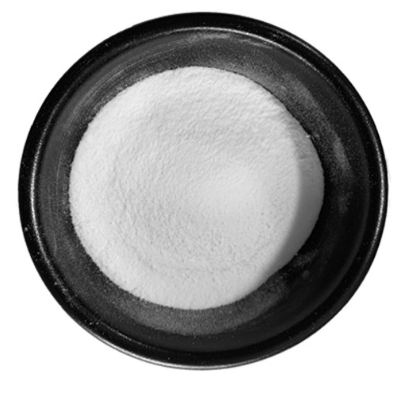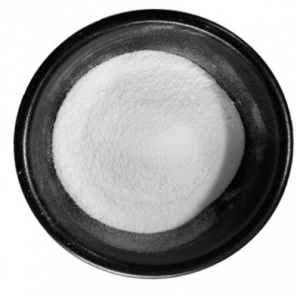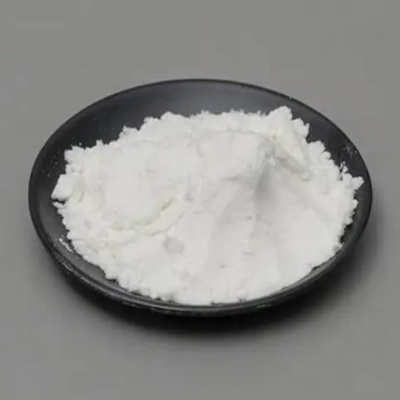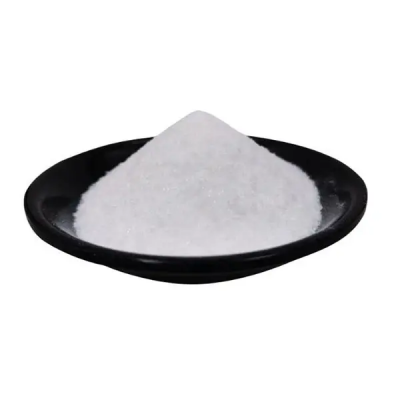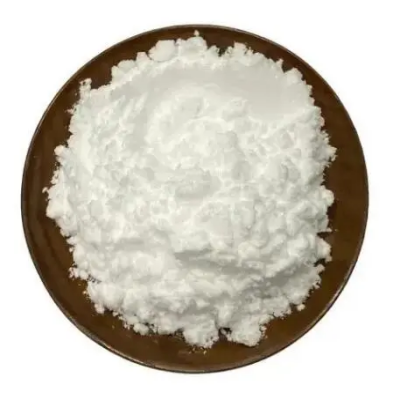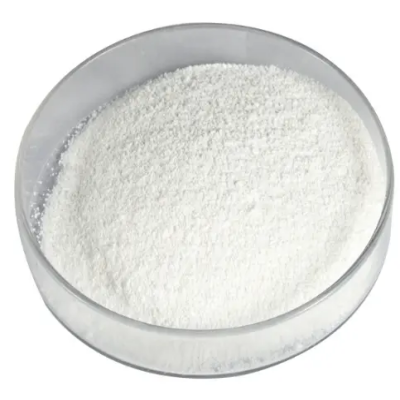BCA-2K CAS:207124-63-8 Manufacturer Price
Pigmentation: BCA-2K is involved in the synthesis of apocarotenoids, which are responsible for the pigmentation of plants. These pigments give plants their characteristic colors and play a role in attracting pollinators, seed dispersal, and protection against harmful UV radiation.
Plant development and growth: Apocarotenoids produced by BCA-2K have been found to regulate various aspects of plant growth and development. They influence processes such as embryo development, leaf expansion, flower development, and fruit ripening.
Stress response: Apocarotenoids synthesized by BCA-2K can act as signaling molecules in plants' response to environmental and biotic stresses. They help plants adapt to unfavorable conditions and protect against oxidative damage caused by stress factors like drought, salinity, or high temperatures.
Plant defense: Certain apocarotenoids produced through the action of BCA-2K have antimicrobial and insecticidal properties. These compounds can play a role in plant defense against pathogens, pests, and herbivores.
Crop improvement: Understanding the function of BCA-2K and its role in apocarotenoid biosynthesis can have applications in crop improvement. By manipulating the expression or activity of BCA-2K, researchers can potentially enhance the biosynthesis of specific apocarotenoids and improve traits such as pigmentation, stress tolerance, or pest resistance in crops.
Functional food and nutraceuticals: Some apocarotenoids have been identified as bioactive compounds with potential health benefits. For example, certain apocarotenoids possess antioxidant and anti-inflammatory properties, making them suitable candidates for the development of functional foods or nutraceutical products.
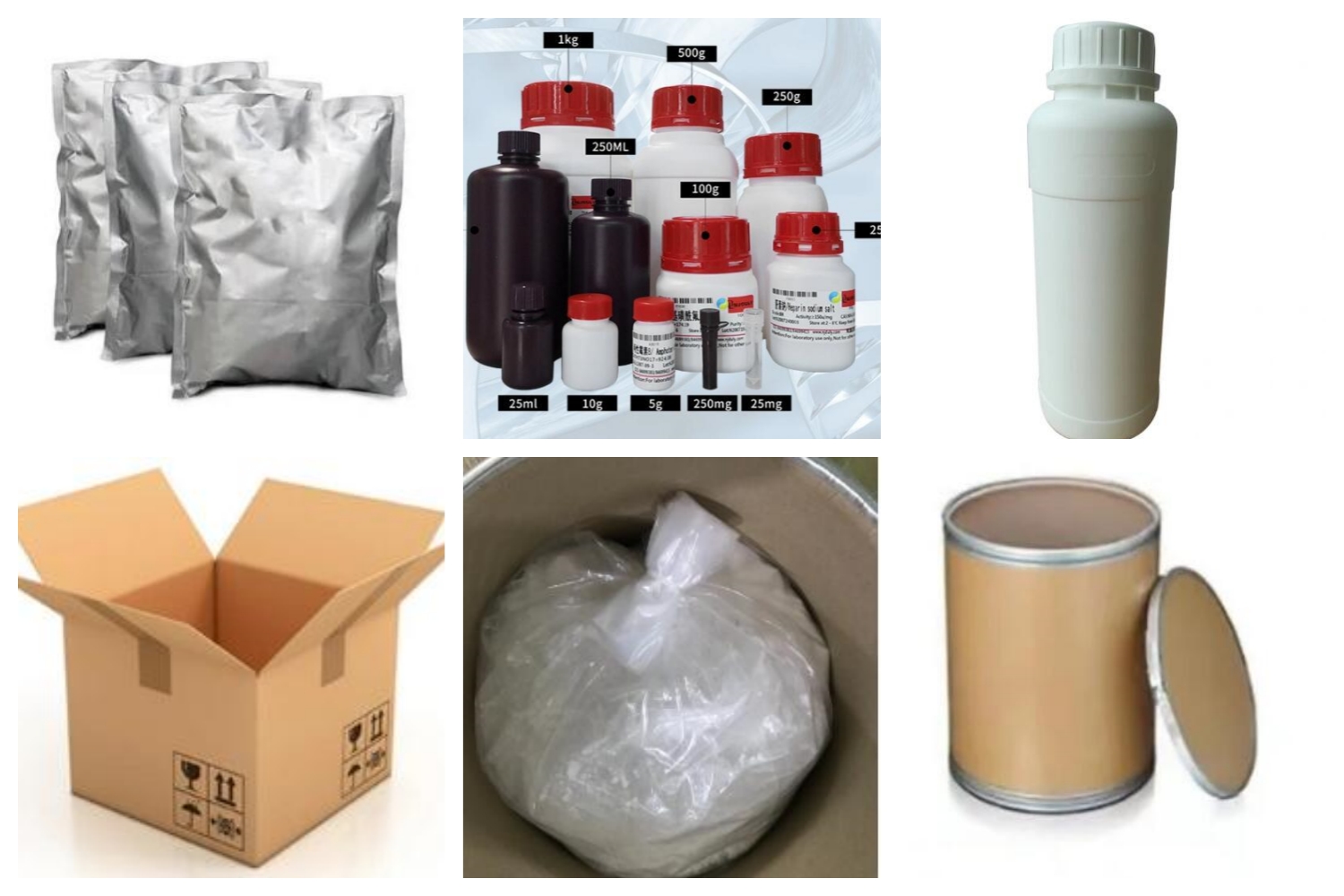
| Composition | C20H15KN2O5 |
| Assay | 99% |
| Appearance | White powder |
| CAS No. | 207124-63-8 |
| Packing | Small and bulk |
| Shelf Life | 2 years |
| Storage | Store in cool and dry area |
| Certification | ISO. |


